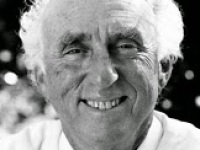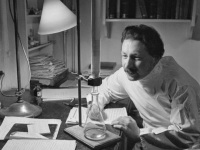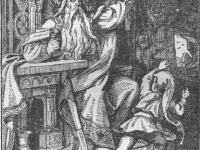Peter Paul Rubens and the Baroque Extravaganza
On June 28, 1577, German-born Flemish Baroque painter Peter Paul Rubens was born. He is best known for his extravagant Baroque style that emphasised movement, colour, and sensuality. “The light falls so unfavorably on the altar that one can hardly discern the figures or enjoy the beauty of color and the delicacy of the heads and draperies which I executed with great care from nature and completely successfully according to the judgement…
Read more










